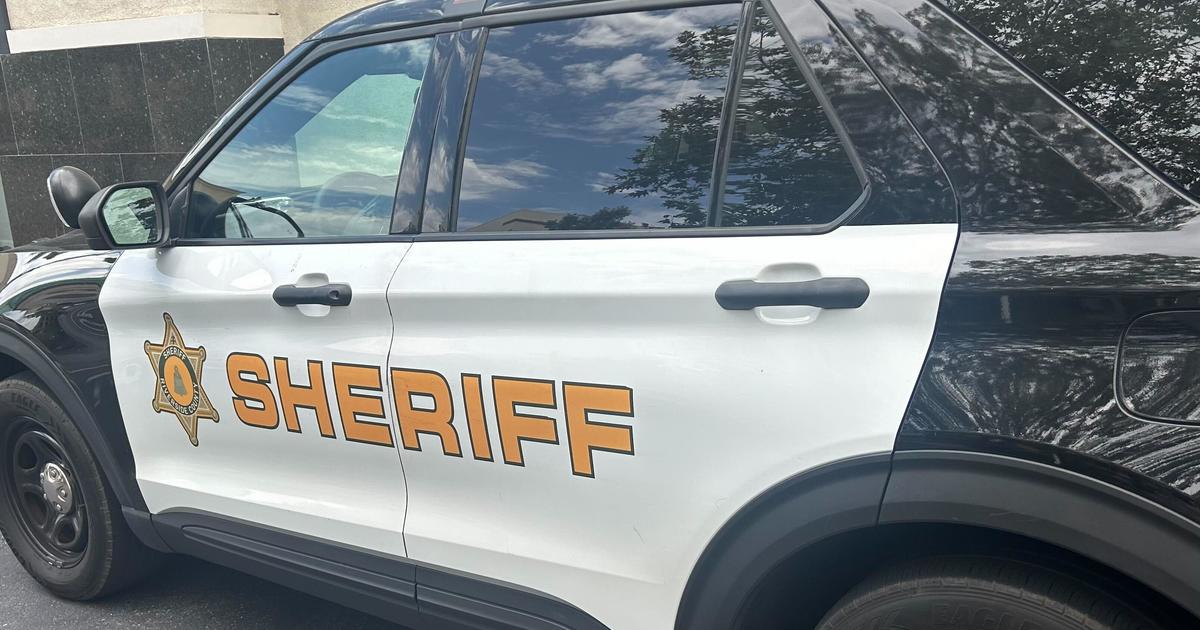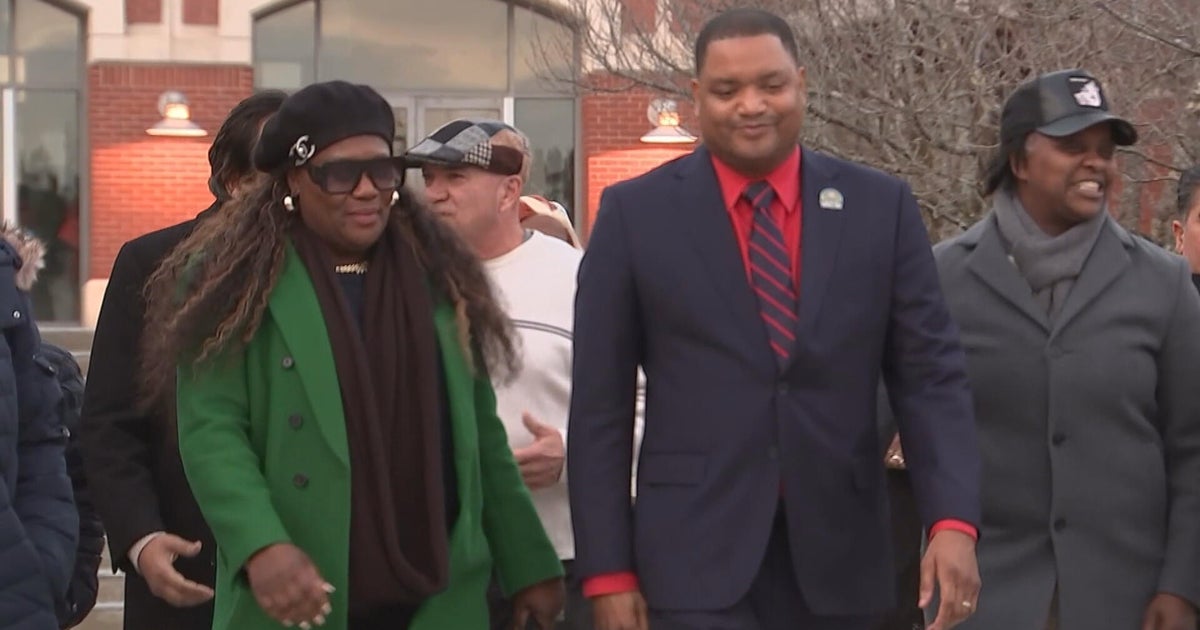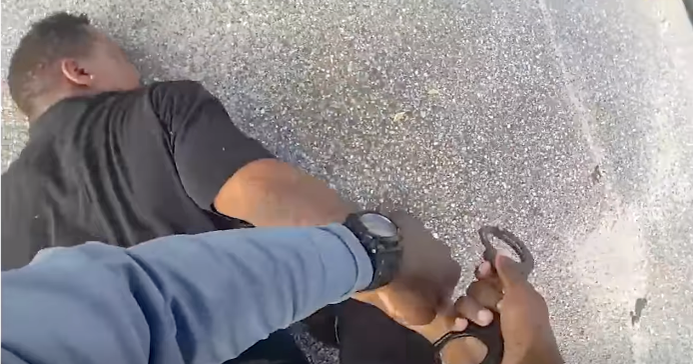NJ Gov. Chris Christie To Allow Medical Marijuana Law To Go Forward
TRENTON, N.J. (WCBS 880/AP) -- Governor Chris Christie said he will allow the state of New Jersey to begin dispensing medical marijuana despite his concern over whether federal authorities could prosecute state regulators.
New Jersey legalized marijuana for patients with certain conditions last year as Gov. Jon Corzine was leaving office. But the law's implementation was delayed as the state labored over regulatory details.
Christie, a former federal prosecutor, said he didn't want to implement the law until he got assurance from federal law enforcement officials that they won't pursue criminal charges against state-sanctioned medical marijuana programs.
WCBS 880's Levon Putney At The Statehouse In Trenton
Podcast
He didn't get that assurance. But in making his announcement Tuesday afternoon, the governor said he doesn't believe federal authorities will expend limited resources to go after people complying with state law.
"I have been struggling, as has my administration, to find a way to accomplish what I've wanted to accomplish, which is to provide compassionate treatment to people who are suffering in a way that wouldn't expose them, the operators of our dispensaries or the employees of the state of New Jersey to criminal liability," Christie said. "That is a lot easier said than done."
Sixteen states and the District of Columbia have legalized the medical use of marijuana, with programs in various phases of development.
New Jersey legalized marijuana for patients with certain conditions days before Christie took office in January 2010, but implementation has been delayed as the state has labored over regulatory details.
Christie, a Republican, said he supported the concept of medical marijuana for patients for some conditions but didn't think the law was tough enough. His critics say he has used the regulatory process to change the law, even though it's considered among the most restrictive.
In two letters to the Justice Department on behalf of the governor, New Jersey Attorney General Paula Dow specifically asked whether state employees could be prosecuted.
The Justice Department responded to several states in a June 30 memo that reiterated what was in a 2009 memo -- that local federal prosecutors should not focus investigative resources on patients and caregivers complying with state medical marijuana laws.
It noted the broad discretion local U.S. attorneys have in their states, but did not give states cover from prosecution.
Paul Fishman, the U.S. attorney for New Jersey, has not commented on the memos, but a person familiar with Fishman's thinking has told The Associated Press that it was extremely unlikely he would prosecute state employees who are complying within the state's regulatory framework. The person spoke only on condition of anonymity because the person was not authorized to talk about the matter.
This year, six nonprofit groups were awarded licenses to grow and sell pot to patients with conditions such as terminal cancer, glaucoma and multiple sclerosis. Some patients say the drug eases pain and nausea. But so far, none has been legally sold because the state has not created a registry of patients who can use the drug.
Some of the groups licensed to grow marijuana have said they realize they would be violating federal law and are willing to risk prosecution to launch their businesses. The organizations that are allowed to grow and sell marijuana to patients with certain medical conditions are not-for-profit but the size of the operations is unclear since they haven't been allowed to start dispensing the drug.
Prior to Christie's announcement on Tuesday, Sen. Nicolas Scutari -- a Democrat from Linden who was one of the law's main sponsors, said he was hopeful the program would finally begin.
"First they tried to strangle it, then delay it, and now hopefully we're going forward in a restrictive fashion -- but at least we're going forward," he said. "This isn't radioactive material. It's a tool for medical treatment."
(TM and Copyright 2011 CBS Radio Inc. and its relevant subsidiaries. CBS RADIO and EYE Logo TM and Copyright 2011 CBS Broadcasting Inc. Used under license. All Rights Reserved. This material may not be published, broadcast, rewritten, or redistributed. The Associated Press contributed to this report.)







